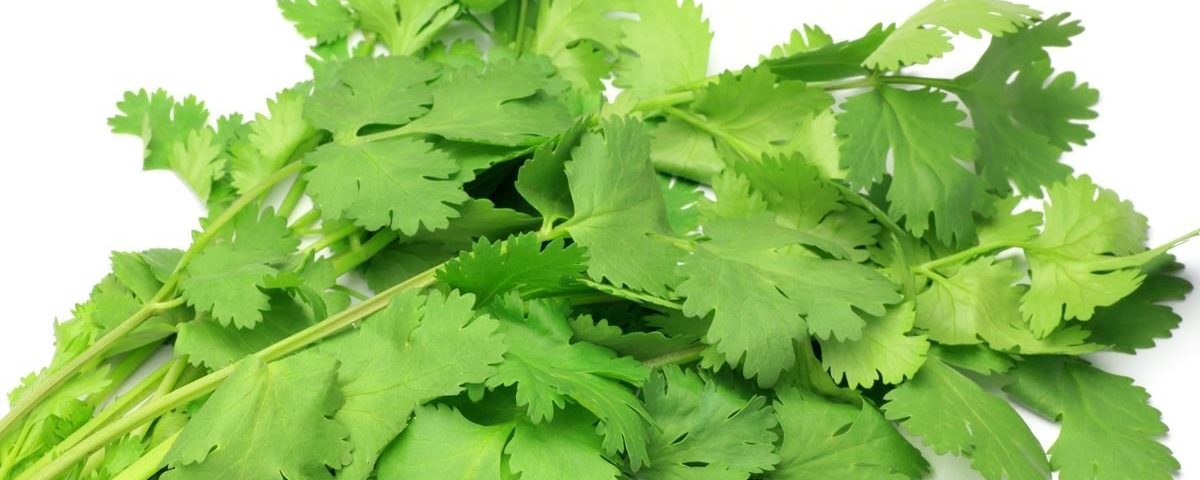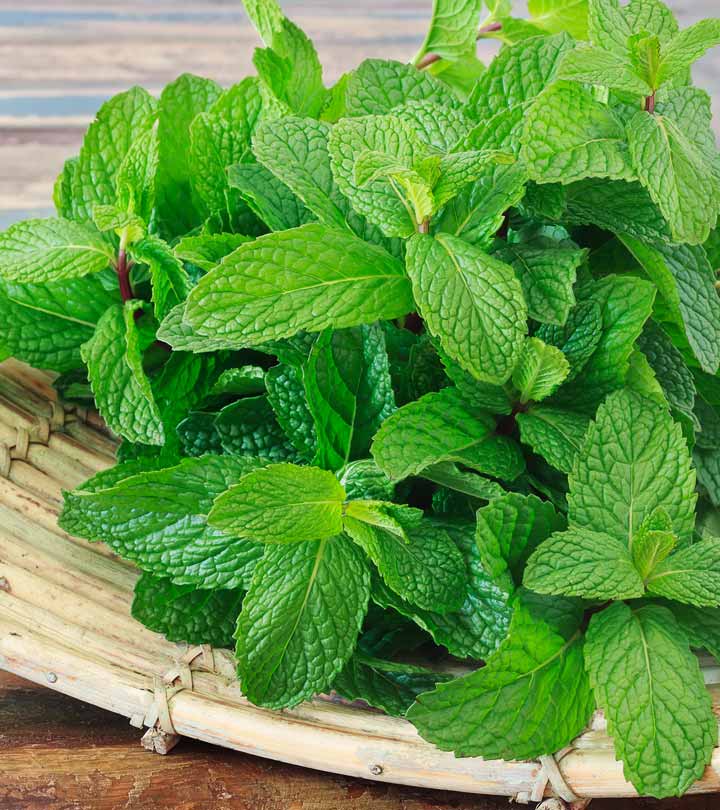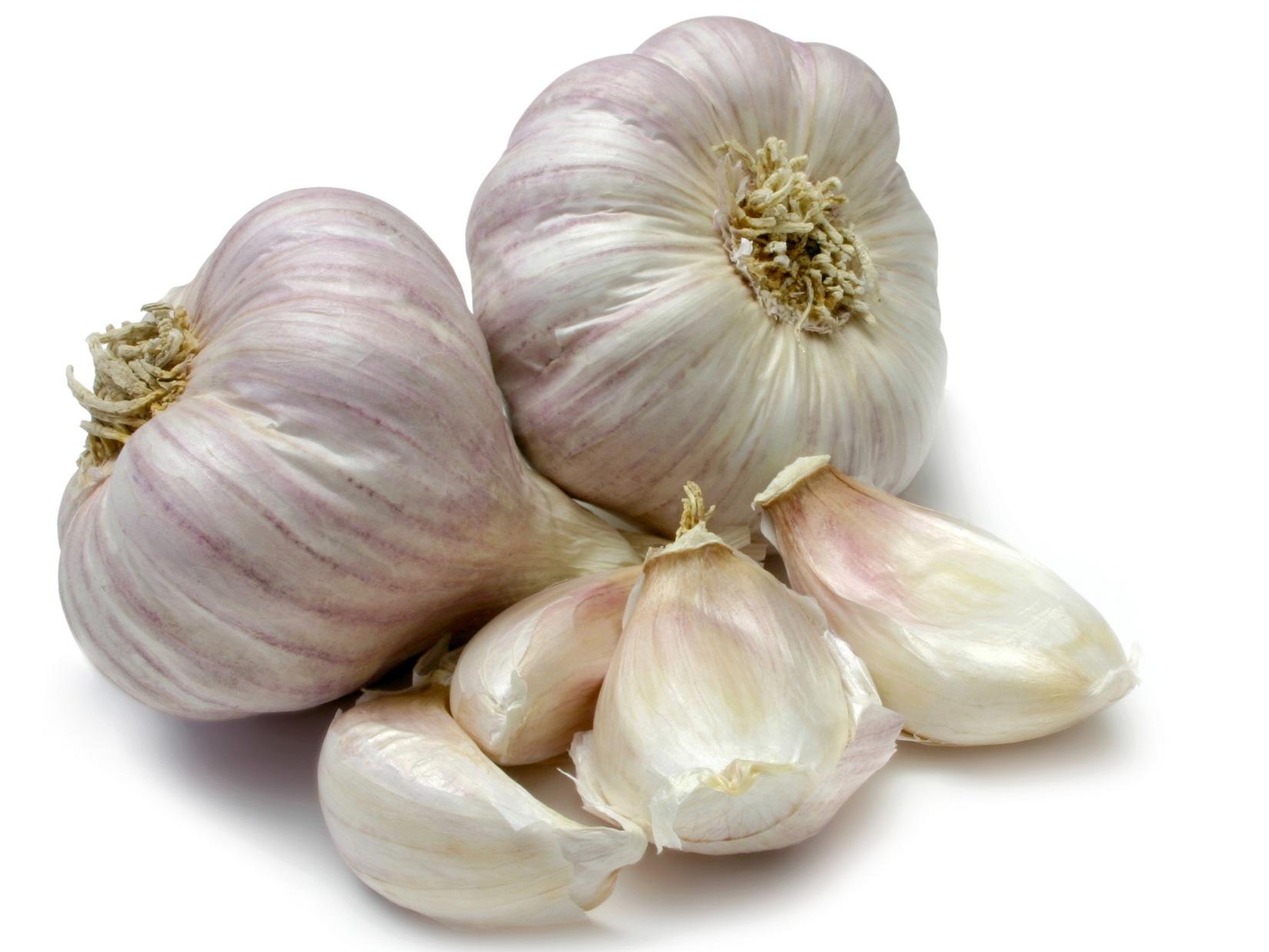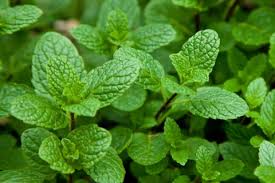CORIANDER
What is Coriander
Coriander is commonly known as ‘dhaniya’ in the Indian Subcontinent and cilantro in America and some parts of Europe. It is an herb that is extensively used around the world as a condiment, garnish, or decoration on culinary dishes. Its scientific name is Coriandrum sativum L. Its leaves and fruits have a recognizable and pleasant aroma and are commonly used raw or dried for culinary applications.
Coriander Nutrition Facts
Its uses in global food preparation are only the tip of the iceberg. Unbeknownst to many people, coriander is packed with fiber, magnesium, manganese, protein, and iron, making it beneficial for health. It has eleven components of essential oils and six types of acids, including ascorbic acid or vitamin C, each having a number of beneficial properties. According to the USDA National Nutrient Database, coriander contains a number of vitamins and minerals.
Health Benefits of Coriander
Health benefits of coriander include:
Reduces Skin Inflammation
Cineole–one of the 11 components of the essential oils–as well as linoleic acid, are both present in coriander. They possess antirheumatic and antiarthritic properties, helping to reduce the swelling that is caused by these two conditions. In a study published in the Journal of the German Society of Dermatology, researchers have also noted the anti-inflammatory properties of cilantro.
Lowers Cholesterol Levels
The acids present in coriander, like linoleic acid, oleic acid, palmitic acid, stearic acid and ascorbic acid (vitamin C) are very effective in reducing cholesterol levels in the blood, according to the journal Environmental Biology. [5] They also reduce the level of bad LDL cholesterol deposition along the inner walls of the arteries and veins, which can lead to serious cardiovascular diseases such as heart attacks, atherosclerosis, and strokes.
Regulates Blood Pressure
Research in the Journal of Ethnopharmacology suggests that coriander positively helps lower blood pressure in those suffering from hypertension. [8] By enhancing the interaction of calcium ions and acetylcholine, a neurotransmitter in the peripheral and central nervous system, it relaxes blood vessel tension, thereby reducing the chances of a number of cardiovascular conditions, including heart attacks and strokes.
Treats Mouth Ulcers
Citronellol, a component of essential oils in coriander, is an excellent antiseptic. Additionally, other components have antimicrobial and healing effects which keep wounds and ulcers in the mouth from worsening. They help speed up the healing process of ulcers and also prevent bad breath.
Salmonella Protection
Salmonella is one of the most dangerous causes of foodborne illnesses in the world, so any natural way to protect yourself against it is very important. Coriander has unusually high levels of dodecenal, a natural compound that is actually twice as powerful an antibiotic as the leading treatment for salmonella-based illness. This is confirmed by a study from the University of California at Berkeley
Improves Bone Health
As a rich source of calcium, it is of great value for people who want to protect their bones. [11] Calcium and other essential minerals found in coriander may help with are integral components of bone regrowth and durability, as well as protect against osteoporosis. Adding even a small amount of coriander to your diet can help keep your bones healthy and strong for years to come. Calcium is particularly present in the center leaves of coriander, so aim for that part of the plant if bone health is your focus!
Eye Care
Coriander is loaded with antioxidants and minerals, all of which can be beneficial to preventing vision disorders, macular degeneration, and reducing strain and stress on the eyes. There is also beta-carotene in the leaves, which prevents a number of other diseases that affect the eye and can even reverse the effects of vision degradation in aging patients.
Controls Diabetes
Due to the stimulating effect of coriander on the endocrine glands, the secretion of insulin is increased from the pancreas which subsequently increases the insulin level in the blood. [12] This regulates the proper assimilation and absorption of sugar and the resulting drops in the blood sugar level.






